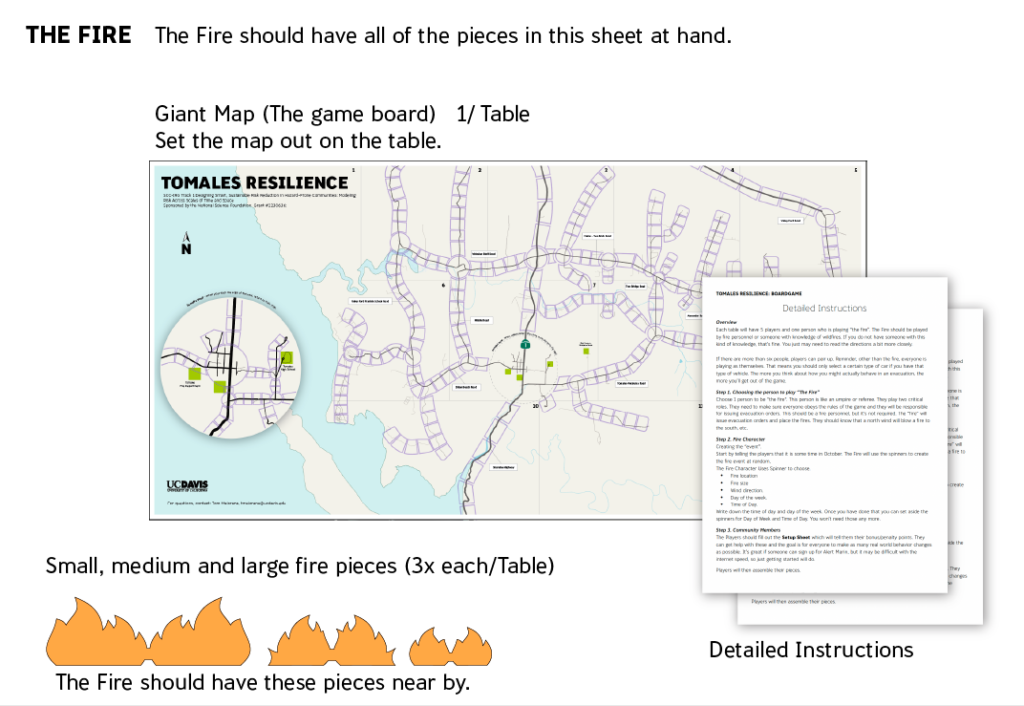Because Yvonne asked me to, I put together a timeline of UU history. Instead of focusing on White male ministers from wealthy urban areas, my timeline includes people and events from outside the mainstream of UU history.
Unitarians and Universalists in the United States
1773 Caleb Rich (White) becomes minister of a new church in Warwick, Mass., that has a universalist theology.
1775 John Murray (White), Universalist minister, serves as a chaplain in the Revolutionary army.
1779 The Independent Christian Church (Universalist) organized in Gloucester, Mass., one of the earliest Universalist congregations in the U.S.
1785 King’s Chapel is the first Unitarian congregation in the U.S.
c. 1795 The scientist Joseph Priestley (White) holds Unitarian services in Northumberland, Penna.
c. 1795 Prince (no last name), a Black man, joins the church in New Bedford, Mass., as a full member.
1838 Nathan Johnson, a Black Universalist in New Bedford, Mass., shelters Frederick Douglass on the latter’s first night of freedom
1859 Elizabeth Palmer Peabody, a White Unitarian, opens the first kindergarten in the U.S.
1860 Samuel Jackson, a Black Baptist minister, asks to bring his entire congregation into the American Unitarian Association, but because he and his congregation are Black, he is ignored.
1863 Olympia Brown, a White woman, ordained by the Universalist General Conference. She was the first woman to be ordained by a denomination (rather than just a congregation) in the U.S.
1876-1878 The U.S. government invites Protestant denominations to manage American Indian reservations; the Unitarians take charge of Ute tribes in Colorado.
1883 Poet William Carlos Williams, a Hispanic Unitarian, is born.
1887 First Unitarian service is held in the Khasi Hills of India, led by Kissor Singh (South Asian).
1895 Eliza Tupper Wilkes, a White Universalist minister, is the first woman to preach in Stanford University’s nondenominational chapel
1917 Adeniran Adedeji Isola (Black) founds the Unitarian Brotherhood Church (Ijo Isokan Gbogbo Eda) in Lagos, Nigeria.
1918 Unitarian minister William Short Jr. is arrested for draft evasion, because he’s doing peace activism; when he appeals to the American Unitarian Association to confirm that he’s a minister, they throw him under the bus.
1922 Abigail Eliot (White), an LGBTQ Unitarian educator, brings the nursery school concept to the U.S.
1923 The first Flower Celebration is led by Norbert and Maja Capek, ministers at the Unitarian church in Prague, Czechoslovakia. This ritual is later wrongly called a “flower communion.”
1930s Probably a third of all Unitarian and Universalist churches close due to the Great Depression.
1932 Poet Sylvia Plath, a White Unitarian, is born.
1937 Unitarians and Universalists cooperate to create a new hymnal.
1937 The American Unitarian Association grows concerned that Leila Thompson, an ordained Unitarian minister, is running for city council in Berkeley, Calif., as a Socialist.
1942 Unitarian minister Norbert Capek dies in the Auschwitz concentration camp.
1947 Stephen Fritchman, a White minister, is forced out of his job editing the denominational magazine due to accusations that he is Communist.
1950s (date uncertain) UU ministers officiated at some of the earliest UU same sex weddings.
1956 Christopher Moore, a White minister at First Unitarian in Chicago, founds the Chicago Children’s Chorus, an interracial chorus which rapidly became one of the best children’s choruses in the U.S.
1950s Religious liberals in the Philippines affiliate with the Universalist Church of America.
1961 The UUA bylaws have six principles.
1961 Unitarians and Universalists consolidate into one denomination.
1965 Year with highest Unitarian Universalist membership in the U.S.
1965-1970 Unitarian Universalism loses half its Black members during the Black empowerment controversy.
1977 Ysaye Maria Barnwell founds the Jubilee Singers, a gospel choir, at All Souls UU church in Washington, D.C., the first Black-led UU gospel choir.
1977 First Unitarian of Los Angeles publishes the first Unitarian hymnal with Black and working class music in it.
1980 The first Water Ritual takes place at a feminist gathering of women. Later, it was wrongly called a “Water Communion.”
1985 The UUA adopts new non-sexist bylaws with seven principles.
2004 Unitarian Universalist Association of Uganda is formed.
2005 Last year of growth in U.S. Unitarian Universalism.
2008 Carleton Pearson, a Black Pentecostal minister who became a Universalist, brings his congregation to the Unitarian Universalist church in Tulsa, Oklahoma.



